 Credit: CDC/Debora Cartagena
Credit: CDC/Debora Cartagena
Jan 12, 2026 / 06:00 am (CNA).
Catholic medical professionals and ethicists had mixed reactions to the Centers for Disease Control and Prevention’s (CDC) announcement last week that it has revised the recommended childhood and adolescent vaccine schedule.
In a press release on Jan. 5, the CDC announced a revised recommended childhood immunization schedule, which reduces the number of universally recommended vaccines from 18 to 11. It retains routine recommendations for all children against measles, mumps, rubella, polio, pertussis, tetanus, diphtheria, Haemophilus influenzae type b, pneumococcal disease, human papillomavirus (HPV), and varicella (chickenpox).
Vaccines for rotavirus, influenza, COVID-19, hepatitis A, hepatitis B, meningococcal disease, and RSV now shift to recommendations for high-risk groups or after “shared clinical decision-making” between providers and families.
According to a Department of Health and Human Services (HHS) memo, the CDC “applies shared clinical decision-making recommendations when evidence indicates that individuals may benefit from vaccination based on an analysis of the individual’s characteristics, values, and preferences, the provider’s medical judgment, and the characteristics of the vaccine being considered.”
Insurance companies must continue to cover all vaccines.
The changes come after President Donald Trump directed the heads of the CDC and HHS in December 2025 to “review best practices from peer, developed nations regarding childhood vaccination recommendations and the scientific evidence underlying those practices” and to make changes accordingly.
After reviewing the vaccination practices of 20 peer nations, a scientific assessment found that “the U.S. is a global outlier among developed nations in both the number of diseases addressed in its routine childhood vaccination schedule and the total number of recommended doses but does not have higher vaccination rates than such countries.”
“Science demands continuous evaluation,” Dr. Jay Bhattacharya, director of the National Institutes of Health (NIH), said in the CDC press release. “This decision commits NIH, CDC, and the Food and Drug Administration (FDA) to gold standard science, greater transparency, and ongoing reassessment as new data emerge.”
Dr. Tim Millea, chair of the health care policy committee at the Catholic Medical Association (CMA), welcomed the changes, telling CNA that he thought the CDC approached the revisions “in a very logical way.”
“There has been a huge drop in trust surrounding vaccines since the COVID-19 pandemic,” Millea said. “The suggestions during COVID that the science was ‘settled’ rubbed a lot of us the wrong way.”
“The loudest critics of these new recommendations say this is ideology over science,” he said. “Science is a process, not an end. If we need more evidence, let’s get it,” he said, pointing out Bhattacharya’s call for “gold standard” science and “ongoing reassessment.”
Millea, a retired orthopedic surgeon, said he has confidence that Bhattacharya and Dr. Marty Makary, head of the FDA, are “not going to let ideology get ahead of science.”
The president of the National Catholic Bioethics Center (NCBC), John Di Camillo, told CNA in a statement regarding the updated immunization recommendations: “The people look to public health authorities precisely for this kind of guidance, which is responsive to continually evolving research, ongoing discussions among professionals in the medical field, and ethical principles that promote the common good, respect the dignity of the human person, and limit the interference of financial and ideological conflicts.”
‘Let those closest to the children make the decisions’
Millea acknowledged that critics of the CDC’s revised recommendations say comparing the U.S. vaccine schedule to that of much smaller, more homogeneous nations such as Denmark is like “comparing apples to oranges.”
However, he pointed out that the CDC’s revised schedule is simply a recommendation, and each of the 50 U.S. states is free to do what it deems best. “It’s like 50 laboratories. Let’s see what works the best.”
Invoking the Catholic principle of subsidiarity, Millea said “let those closest to the children who are getting the vaccinations make the decisions.”
“One of the positive aspects of the pandemic is that now we can take a step back and we’re questioning, not because something may be wrong, but maybe because it could be improved upon,” Millea said.
John F. Brehany, executive vice president and director of Institutional Relations at the NCBC, told CNA that “the new schedule appears to have been designed with good intent; that is, … to have gained public trust in the absence of mandates and to have contributed to population health outcomes that meet or exceed those of the U.S.”
“The new schedule does not take a ‘one size fits all’ approach but rather structures recommendations based on the nature of the diseases, vaccines in question, and characteristics of the children or patients who may receive them,” he continued. “This approach appears to be well-founded and to provide a sound foundation for respecting the dignity and rights of every unique human person.”
This will ‘sow more confusion’
Dr. Gwyneth Spaeder, a Catholic pediatrician in North Carolina, did not welcome the changes to the immunization schedule.
While she acknowledged that the damage to trust in institutions was substantial after the COVID-19 pandemic, she thinks the issues surrounding the COVID-19 vaccine’s safety and efficacy “cannot be compared” with the decades of studies demonstrating the safety of common children’s immunizations.
“It is not the same moral calculus,” she said.
She does not believe revising the immunization schedule this way will restore trust in institutions, which she said might take “years or even generations” to rebuild.
This method will “sow more confusion,” Spaeder said. “Instead of trying to rebuild trust in transparent, evidence-based practices, we have created a situation where everyone is told different things … For this child, we think this schedule is the best, for that child, there’s a different one. That’s not how public health works.”
She also said that comparing the homogeneous, relatively tiny population of 6 million in Denmark to that of the diverse population of 340 million in the U.S. is “a false comparison.”
“Their children are at less risk from falling through the cracks and contracting these diseases we try to vaccinate against,” she said, noting the protective public health effects of Denmark’s universal health care and generous parental leave policies.
“The children who will be most harmed in the U.S. are the underserved,” Spaeder said. “That’s being lost in this conversation. We can have a lot of high-level political arguments, but I am most concerned about my patients from single-parent homes who attend day care from young ages, or who are born to mothers who don’t have adequate prenatal care.”
“They will lose out the most from not being protected from these diseases.”
Read More






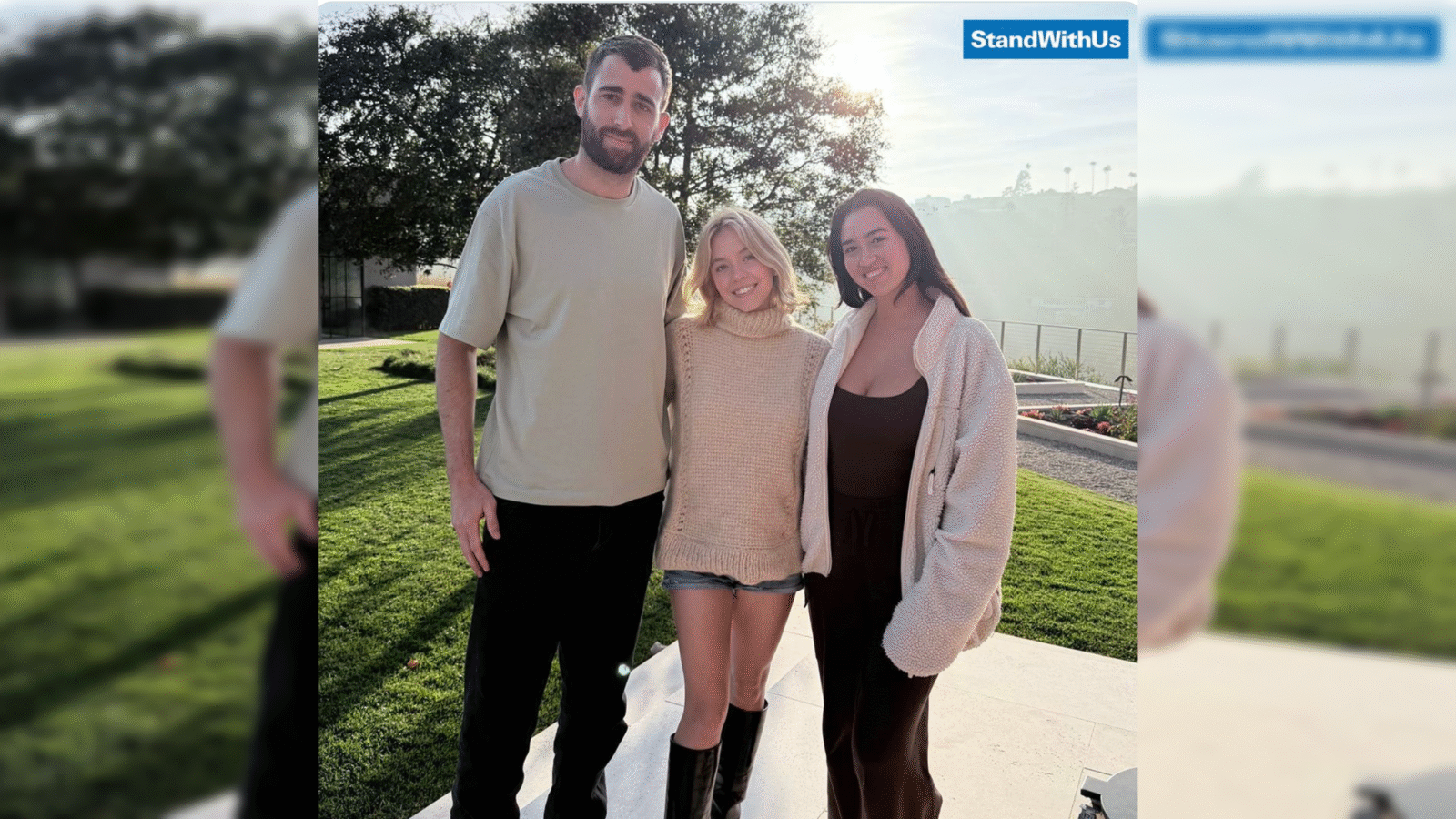


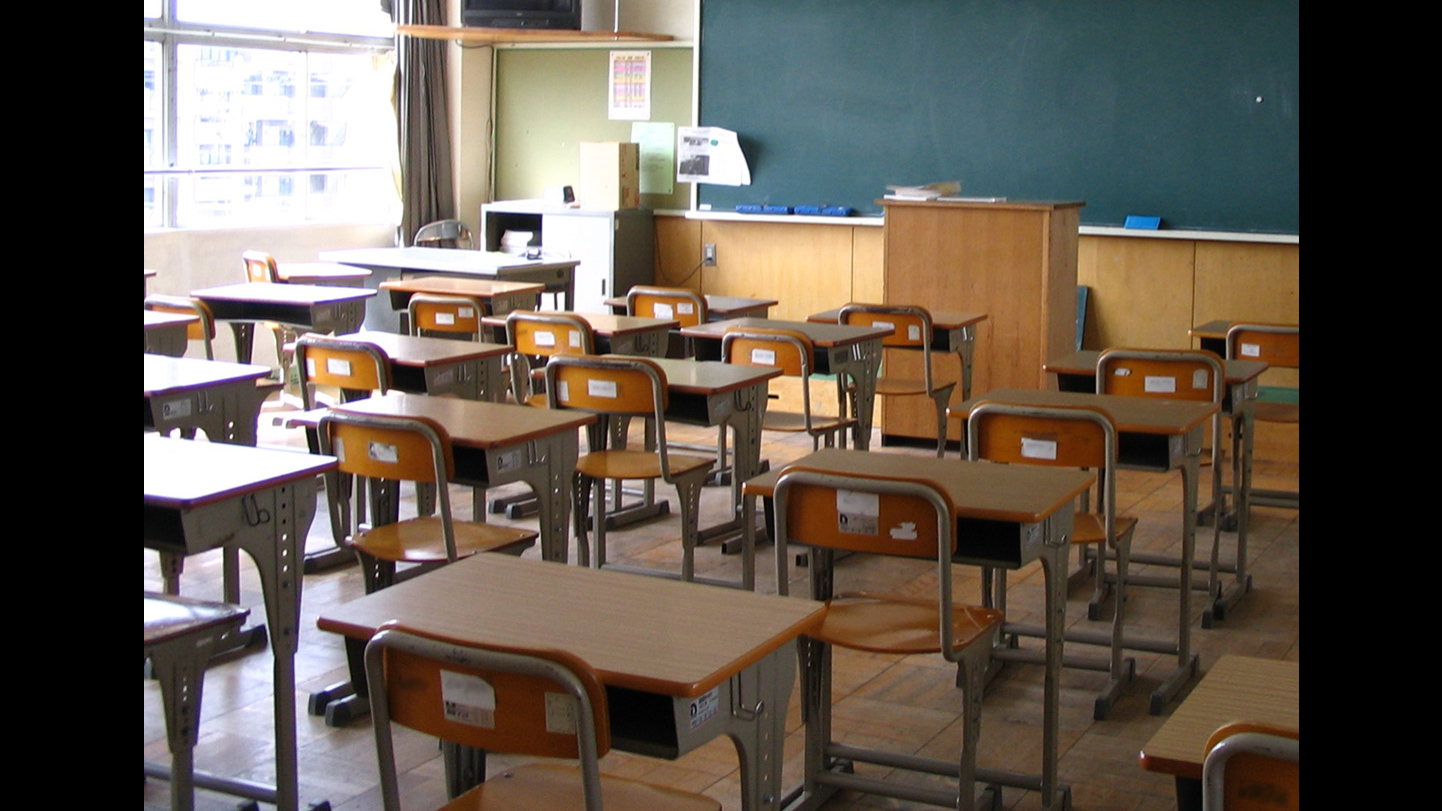


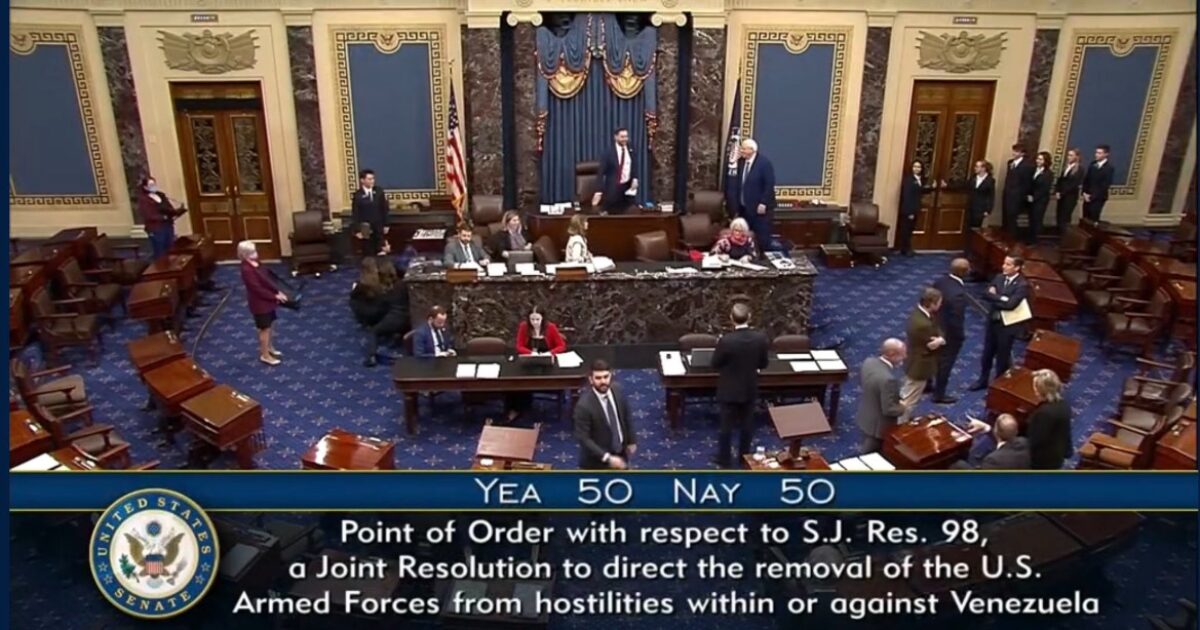



:max_bytes(150000):strip_icc():format(jpeg)/TAL-blue-lagoon-iceland-EURORELAX1224-d406b5c5a2844d54b0cad8f73793722b.jpg)
![Homeland Security Department says rule will address religious worker visa backlog #Catholic
Credit: Lisa F. Young/Shutterstock
Jan 14, 2026 / 10:25 am (CNA).
The Department of Homeland Security (DHS) said it is addressing a religious worker visa backlog with rules that will reduce wait times and disruptions in ministry for faith-based communities.“Under the leadership of Secretary [Kristi] Noem, DHS is committed to protecting and preserving freedom and expression of religion. We are taking the necessary steps to ensure religious organizations can continue delivering the services that Americans depend on,” a DHS spokesperson said in a press release Wednesday. “Pastors, priests, nuns, and rabbis are essential to the social and moral fabric of this country. We remain committed to finding ways to support and empower these organizations in their critical work.”Under the rule expected to be issued Jan. 14, religious workers in the country on R-1 visas would no longer be required to reside outside of the U.S. for a full year if they reach their statutory five-year maximum period of stay before completing their green card applications. “While R-1 religious workers are still required to depart the U.S., the rule establishes that there is no longer a minimum period of time they must reside and be physically present outside the U.S. before they seek readmission in R-1 status,” DHS said.DHS acknowledged the significant demand for visas within the EB-4 category “has exceeded the supply for many years,” citing 2023 changes implemented by President Joe Biden’s State Department. “By eliminating the one-year foreign residency requirement, USCIS [U.S. Citizenship and Immigration Services] is reducing the time religious organizations are left without their trusted clergy and non-ministerial religious workers,” according to a DHS statement.The rule, expected to be issued at 11 a.m. Jan. 14, is effective immediately, DHS said.Secretary of State Marco Rubio said in a press conference in December 2025 that the government would reveal its plan “early next month” for religious worker visas that would avoid giving preference to one denomination over another. Rubio noted that the plan would not favor one religion over another and that there would be “country-specific requirements depending on the country they’re coming from.” “I think we’re going to get to a good place,” Rubio said at the time. “We don’t have it ready yet. All this takes time to put together, but we’re moving quickly. I think we’ll have something positive about that at some point next month, hopefully in the early part of next month.”Visas for religious workers allow foreign nationals to work for a U.S. religious organization, through the temporary R-1 visa or a Green Card EB-4 visa, which requires at least two years of membership in the same denomination and a job offer from a qualifying nonprofit religious group.Rubio had also said in August the administration was working to create a “standalone process” for religious workers, separate from other competing applicants to the employment-based fourth preference (EB-4) category of visas that became severely backlogged after an unprecedented influx in unaccompanied minor applicants — most of which the USCIS has since alleged were fraudulent — who were added to the already-tight category under the Biden administration.In November 2025, a Catholic diocese in New Jersey dropped a lawsuit filed against the Biden administration’s State Department, Department of Homeland Security, and USCIS, citing knowledge of a solution with national implications.Since the issue of the backlogged visas started, multiple U.S. dioceses have called for a solution. Priests in the Archdiocese of Boston who are in the U.S. on visas were urged to avoid international travel amid the Trump administration’s immigration policies and deportations.Priests and other Church leaders have expressed fear of having to leave their ministries and return to their home countries, then endure lengthy wait times before coming back. Church officials have warned that a continuing backlog could lead to significant priest shortages in the United States.“We are grateful for the administration’s attention to this important issue for the Church and value the opportunity for ongoing dialogue to address these challenges so the faithful can have access to the sacraments and other essential ministries,” a spokesperson for the USCCB told CNA.](http://unitedyam.com/wp-content/uploads/2026/01/homeland-security-department-says-rule-will-address-religious-worker-visa-backlog-catholic-credit-lisa-f-young-shutterstockjan-14-2026-1025-am-cna-the-department-of-homeland-security.jpg)


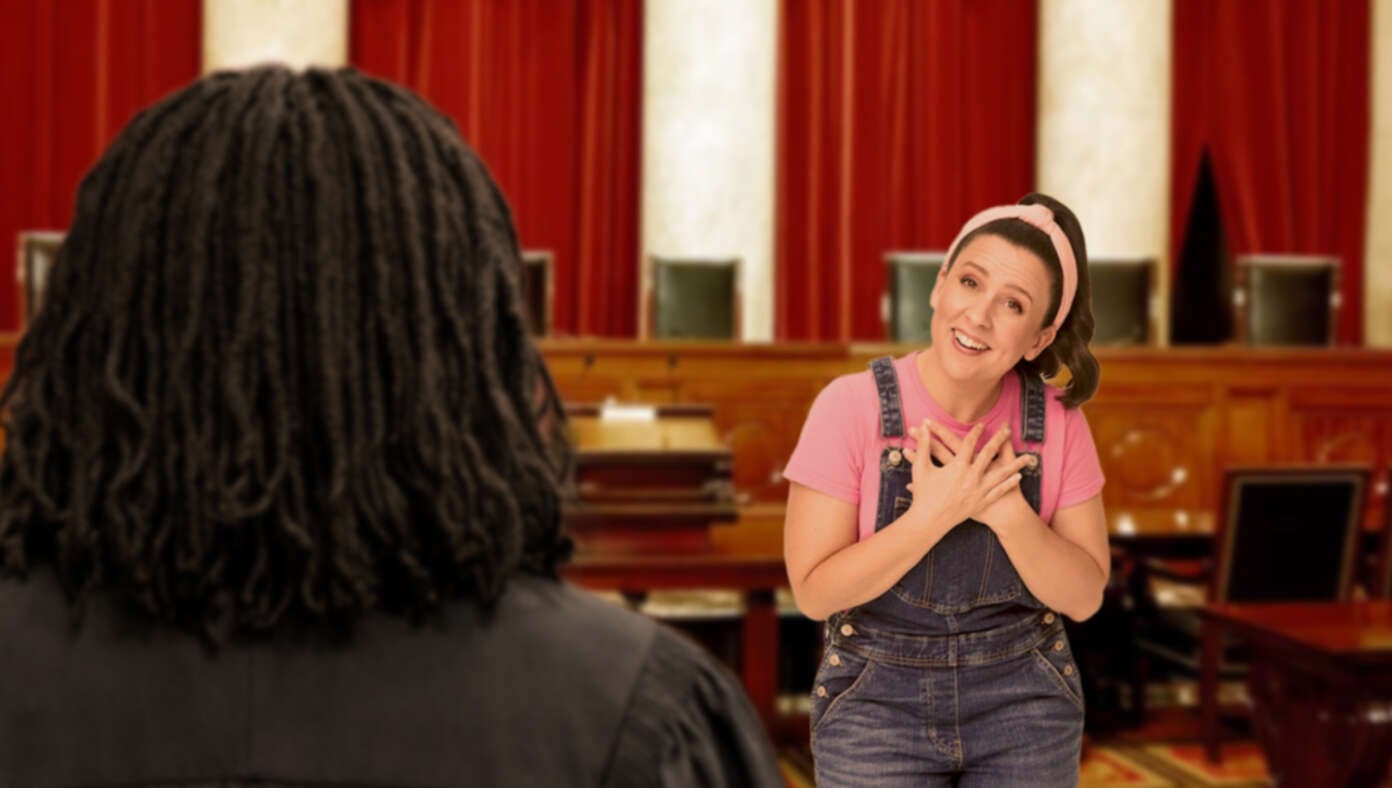
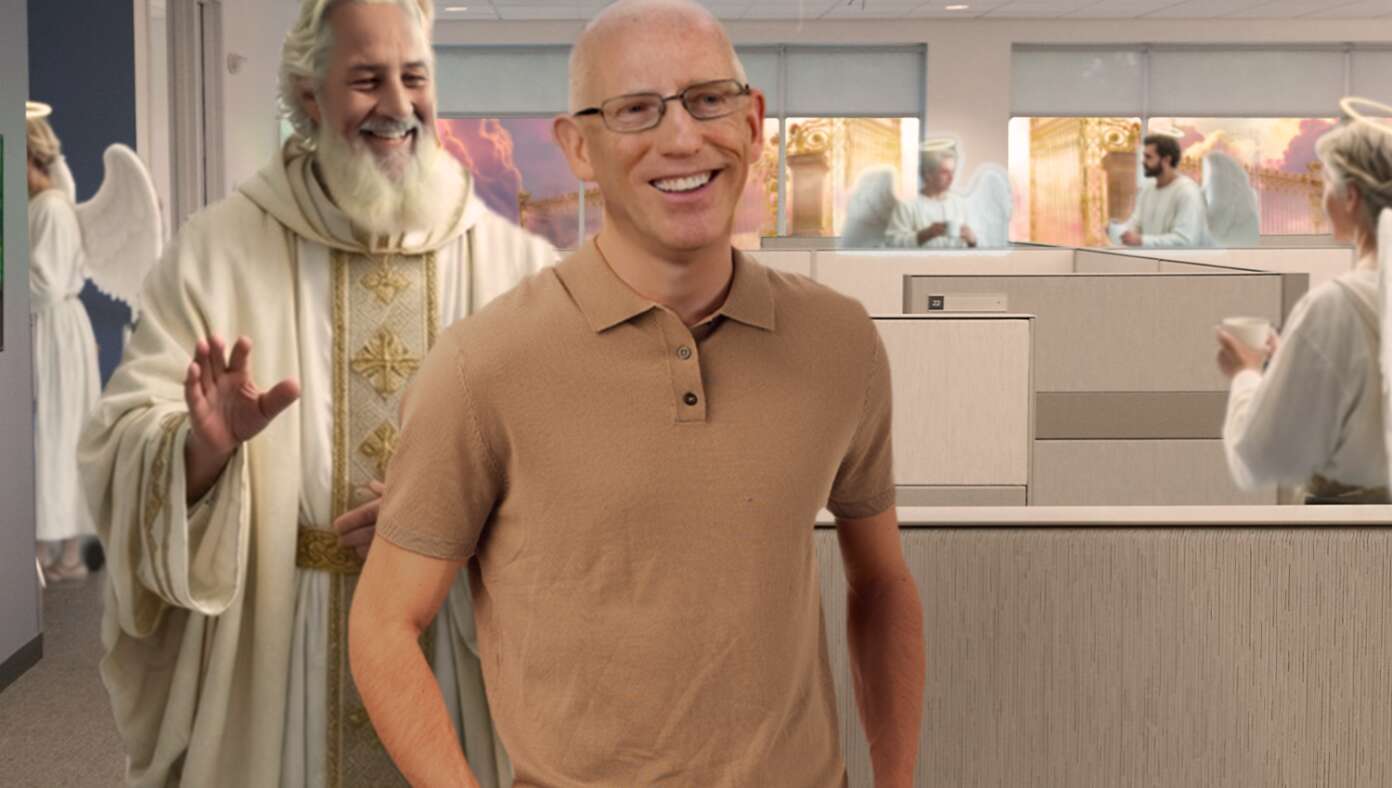
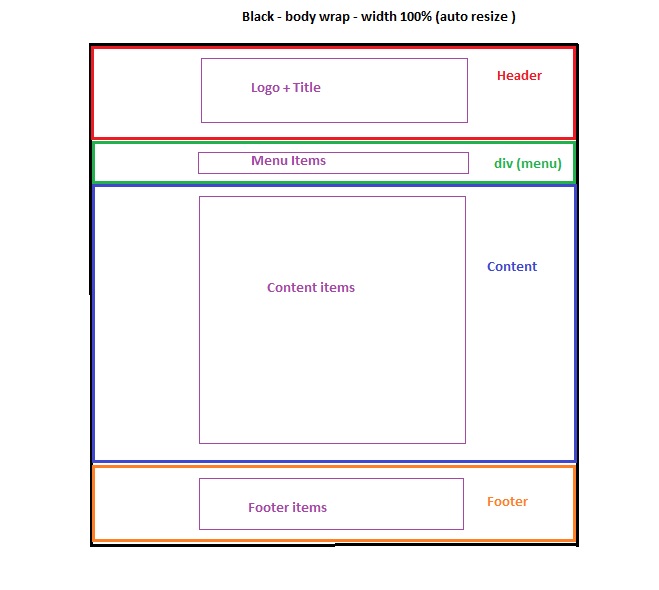


:max_bytes(150000):strip_icc():format(jpeg)/TAL-norwegian-cruise-line-GIRLSCRUISE1223-bdbdfabb09f54927a8302aecf4cdeb51.jpg)
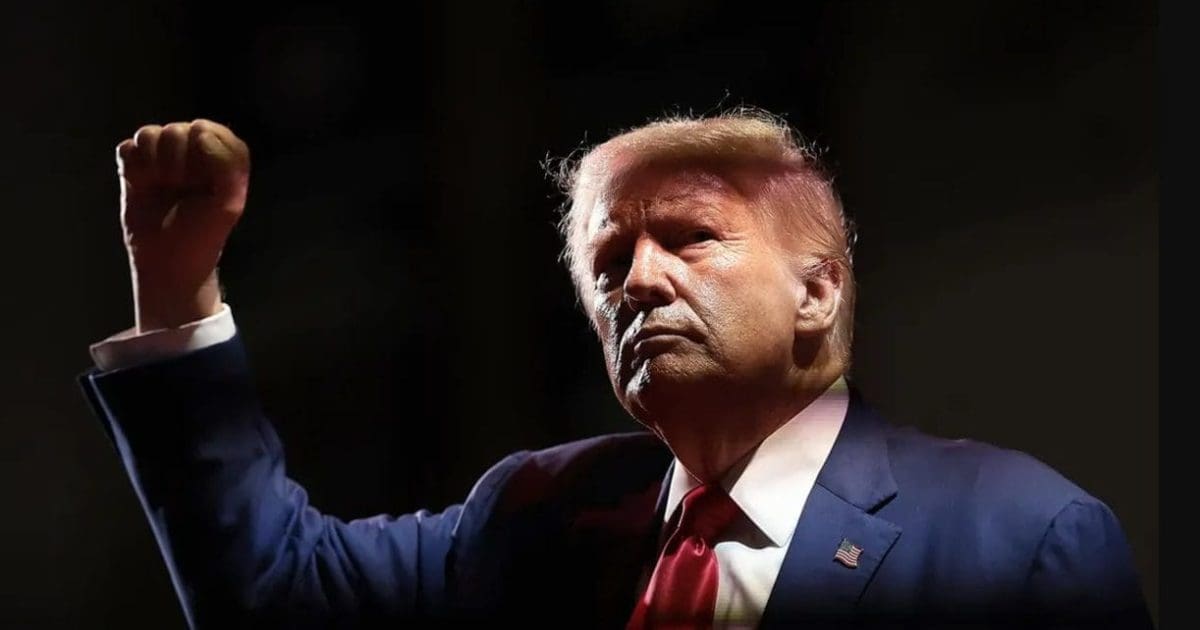

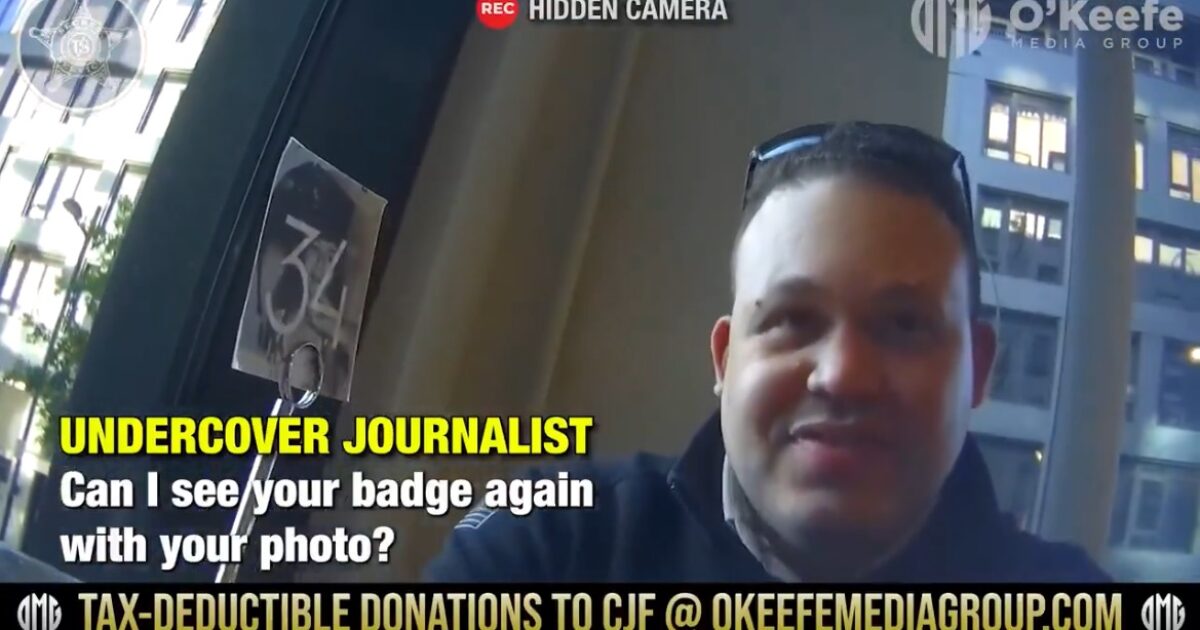


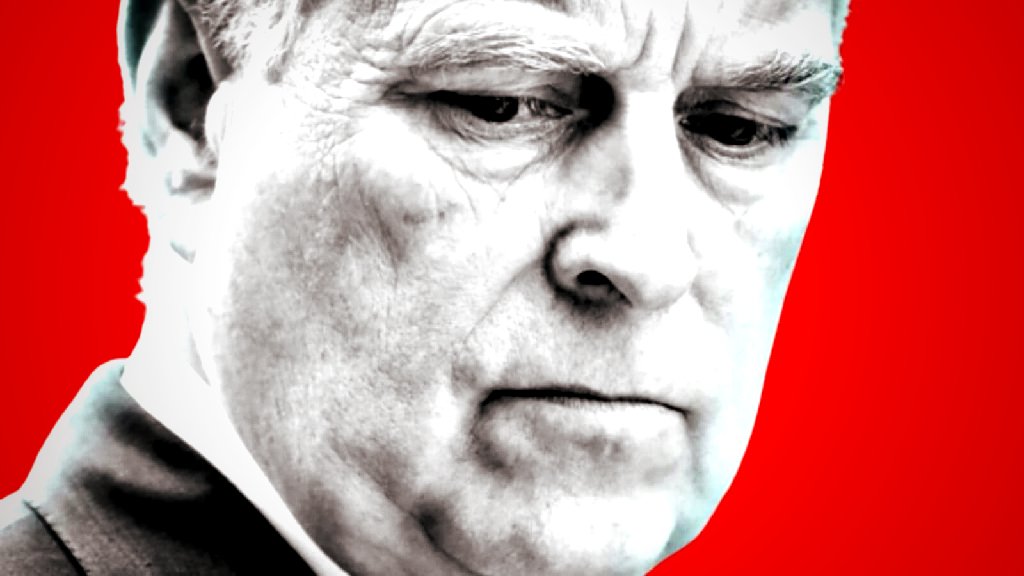


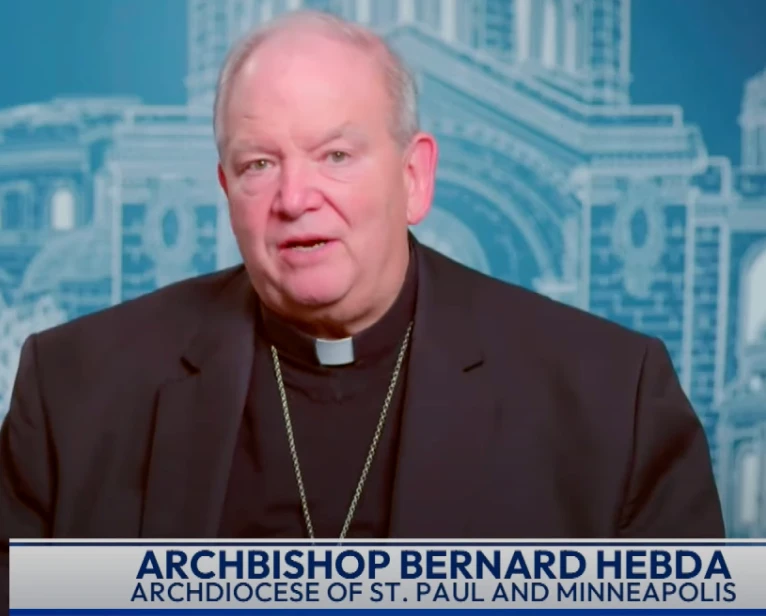

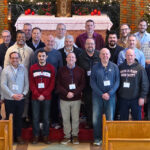
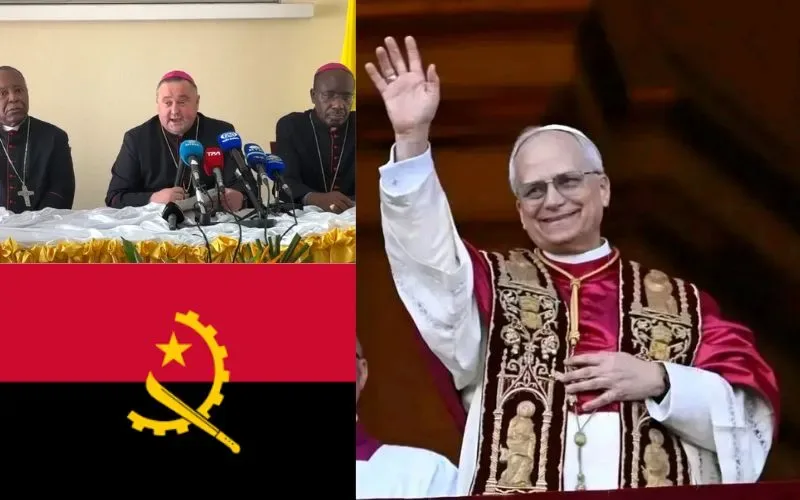

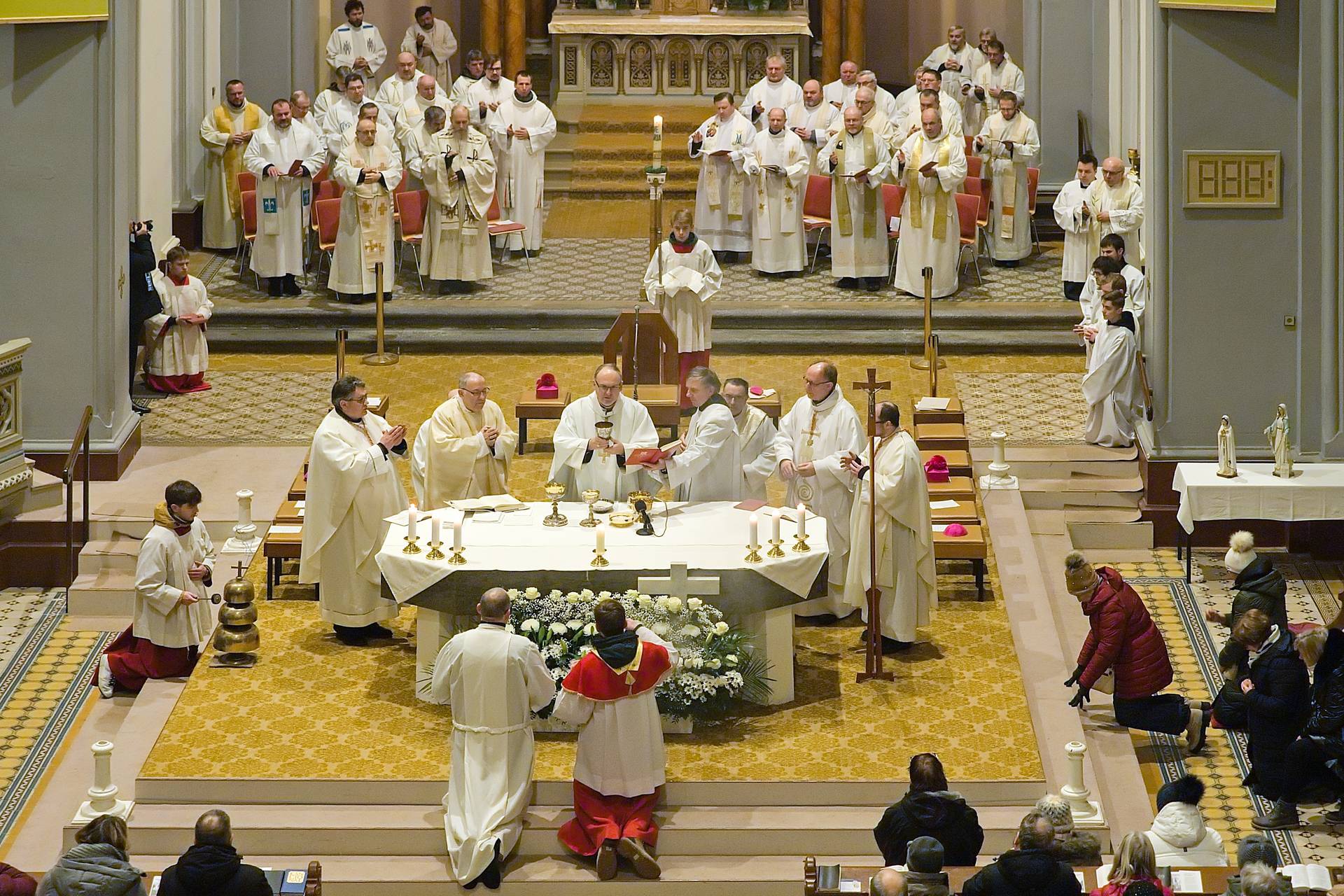

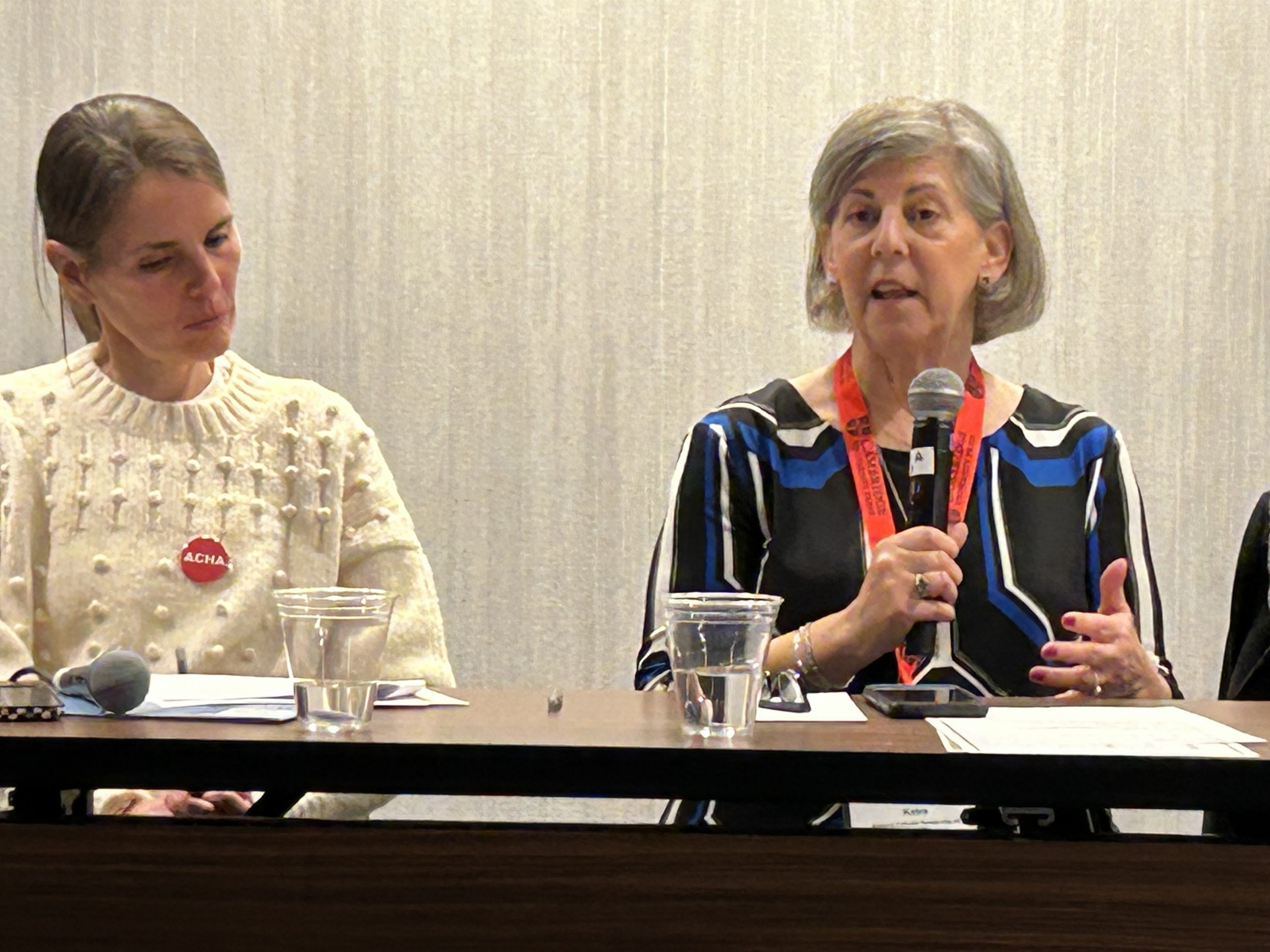

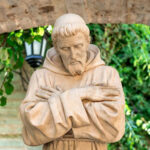
![Eyes fixed on Jesus #Catholic - Meg Hunter-Kilmer spent 12 years living in her car and traveling around the U.S. to share her love for Jesus with individuals and audiences. Despite her devotion to her Catholic faith, she became aware of a serious shortcoming in her spiritual life.
Like a lot of people, she had heard and read the gospels so many times that she thought she knew all there was to know about them. If the priest at Mass started the parable of the Prodigal Son, she would think, “I know what happens next, so I don’t have to listen.” Then, her mind might drift to her grocery list or plans for next weekend.
But after reading the books “The Robe” by Lloyd C. Douglas and “To Know Christ Jesus” by Frank Sheed, Meg began to see that Jesus was not just a figure in heaven who loved her; He was someone who had “smile lines [and] scars on His fingers from working in the carpenter shop,” she explained on “Christopher Closeup.”
That idea of Jesus’ humanity overwhelmed her, so she spent six months reading the gospels and gospel commentaries. Those efforts led to her latest book, “Eyes Fixed on Jesus, Volume 1.” Meg noted. “The gospels are so familiar to us that we let them wash over us, but they’re also so foreign that we don’t pick up on the connections that are being made.”
Click here to subscribe to our weekly newsletter.
Learning “biblical context” was key to Meg’s new understanding of the gospels. For instance, in modern times, we use the term “Good Samaritan” to refer to anyone who does a kind deed. But Jewish audiences in Jesus’ time “loathed” the Samaritans. The fact that Jesus approached the Samaritan woman at the well as Bridegroom rather than an enemy demonstrates there is nothing we can do to keep Jesus from loving us.
Jesus’ eagerness to approach anybody speaks to His humility. Another example is when He encountered Matthew, the tax collector. Meg explained, “This, for me, was one of the biggest things in starting to understand more about context in Scripture. A tax collector is not a pencil pusher. A tax collector is a Nazi collaborator. This is a guy who looked at the violent and vicious oppressors of his people and [thought], ‘Those guys seem like they tip well.’ And Jesus still wanted him.”
It’s important to note that Jesus doesn’t condemn Matthew for his actions and then say, “Follow me.” Instead, Jesus gets to know him first as a person, just like He does with the other “sinners” who come as guests to the meal Matthew hosts for Jesus. The Pharisees do not look kindly on this gathering or Jesus’ approach.
Meg said, “[Jesus] is calling everybody to conversion, but He comes out hard against the Pharisees and those who congratulate themselves on their religiosity. And He says, ‘Hey, I actually don’t care how many Divine Mercy chaplets you pray if you despise the poor,’ analogously. Whereas with sinners, He comes in gentle and draws them closer. That’s important for us to recognize. If we are standing on a street corner with signs about how God hates you, we have lost this battle for a soul. We need to encounter the person in front of us and love them wildly with the love of Jesus. And when they believe that they are safely loved, that’s when they’re willing to hear an invitation to conversion. But you can’t start with condemnation. It’s not effective, and it’s not what Jesus did.”
Tony Rossi is director of communications for The Christophers. For free copies of the Christopher News Note Imitating Christ’s Humility, write: The Christophers, 264 West 40th Street, Room 603, New York, NY 10018; or e-mail: mail@christophers.org](http://unitedyam.com/wp-content/uploads/2026/01/eyes-fixed-on-jesus-catholic-meg-hunter-kilmer-spent-12-years-living-in-her-car-and-traveling-around-the-u-s-to-share-her-love-for-jesus-with-individuals-and-audiences-despite-her-devotion-to-her.jpg)

:max_bytes(150000):strip_icc():format(jpeg)/TAL-header-sycamore-falls-arizona-ELUSIVEWATERFALL0126-64f5df449edd445bb5b915baf85f3e31.jpg)


![Catholic Church in Panama calls for new constitution - #Catholic -
Bishops of Panama at a Mass during their 224th ordinary assembly. | Credit: Panamanian Bishops’ Conference
Jan 12, 2026 / 18:41 pm (CNA).
The Catholic bishops in Panama addressed the “urgent need to give ourselves a new constitution” in a message following the 224th ordinary assembly of bishops, which took place this week.“It’s not just a matter of reforming texts but about renewing consensus, strengthening democratic institutions, guaranteeing social justice, and ensuring that the country’s legal framework is in line with the times we live in and those to come,” the prelates stated after their assembly, which was held from Jan. 5–8.“Embracing the legacy of Jan. 9 [1964] requires a clear-sighted understanding of the challenges of the present time. Among them is the urgent need to give ourselves a new constitution that responds realistically and with a vision for the future to the aspirations of the Panamanian people,” the prelates stated.On Jan. 9, 1964, a group of Panamanian students attempted to raise the Panamanian flag in the Panama Canal Zone, then under U.S. control, which sparked violent clashes with U.S. troops, leaving 21 dead and leading to the rupture of diplomatic relations. This event paved the way for the negotiations that ultimately returned control of the canal to Panama.In their statement, the bishops noted that the sacrifice of these young people “reminds us that sovereignty is not inherited passively but is defended with conviction, unity, and generous dedication.”Poverty that cries out to heaven“The poor cannot wait. These are not just numbers or statistics; they are people with faces and stories. They are children, elderly people, women, young people, and entire communities whose dignity is violated every day. And we cannot remain indifferent either,” the bishops stated.The bishops also emphasized the importance of caring for the environment and reaffirmed their “pastoral support for our brothers and sisters in Río Indio, and for those who must make decisions, so that discernment and decisions guarantee a decent life and secure land, without exclusions or impositions.”In that area of the country, the Panama Canal Authority (ACP by its Spanish acronym) is developing a large project to build a new reservoir to ensure water for the canal, which has generated opposition from local communities that will be flooded and relocated. The ACP promises compensation and a better standard of living, however.The Panamanian bishops also expressed their “deep concern over the increase in violence that is becoming normalized in daily life” and emphasized that “no form of violence is acceptable, because it denies the dignity of the human person, created in the image and likeness of God, and is radically opposed to the Gospel of life and peace.”They urged “that the justice system act responsibly and effectively, guaranteeing the real protection of victims and unrestricted respect for life.”Solidarity with VenezuelaThe bishops reiterated their “closeness and solidarity with the Church and the Venezuelan people. You are not alone. And in communion with the successor of Peter, we affirm that ‘the good of the beloved Venezuelan people must prevail above any other consideration and lead to overcoming violence and embarking on paths of justice and peace, guaranteeing the country’s sovereignty, ensuring the rule of law enshrined in the constitution, and respecting the human and civil rights of all.”“We unite in prayer so that the Lord may grant that nation the gift of reconciliation, harmony, and a future of cooperation, stability, and peace,” they emphasized.This story was first published by ACI Prensa, CNA’s Spanish-language news partner. It has been translated and adapted by CNA.](http://unitedyam.com/wp-content/uploads/2026/01/catholic-church-in-panama-calls-for-new-constitution-catholic-bishops-of-panama-at-a-mass-during-their-224th-ordinary-assembly-credit-panamanian-bishops-conferencejan-12-2026.webp)

![President Trump meets with Archbishop Coakley - #Catholic -
Archbishop Paul Coakley of Oklahoma City, president of the United States Conference of Catholic bishops, meets with President Donald Trump on Jan. 12, 2026. | Credit: Archdiocese of Oklahoma City
Jan 12, 2026 / 18:07 pm (CNA).
Archbishop Paul Coakley and President Donald Trump met on Jan. 12 to discuss areas of “mutual concern,” which likely included topics related to immigration enforcement and Venezuela’s sovereignty. The archbishop of Oklahoma City, Coakley, who was elected president of the United States Conference of Catholic Bishops (USCCB) in November 2025, visited with Trump at the White House on Monday.Chieko Noguchi, USCCB spokesperson, said in a statement after the meeting: “Archbishop Coakley had the opportunity for introductory meetings with President Trump, Vice President [JD] Vance, and other administration officials, in which they discussed areas of mutual concern, as well as areas for further dialogue. Archbishop Coakley is grateful for the engagement and looks forward to ongoing discussions.”The meeting was closed to the press, but White House spokesperson Karoline Leavitt told EWTN News correspondent Owen Jensen she would ask the president about providing a readout of the meeting. Pope Leo XIV has said immigrants must be treated with dignity and encouraged all people in the United States to heed the U.S. bishops’ message on immigration. Coakley, appearing on CBS News’ “Face the Nation” on Dec. 21, 2025, predicted immigration would be a discussion topic with Trump and said: “I think we have opportunities to work together. We have opportunities to speak frankly with one another.”After U.S. military action to capture Venezuela’s president, the pope on Jan. 4 called for full respect for Venezuela’s national sovereignty and for the human and civil rights of its people. Earlier in the day on Jan. 12, Pope Leo XIV met with Venezuelan opposition leader María Corina Machado at the Vatican.](http://unitedyam.com/wp-content/uploads/2026/01/president-trump-meets-with-archbishop-coakley-catholic-archbishop-paul-coakley-of-oklahoma-city-president-of-the-united-states-conference-of-catholic-bishops-meets-with-president-donald-tru.jpg)

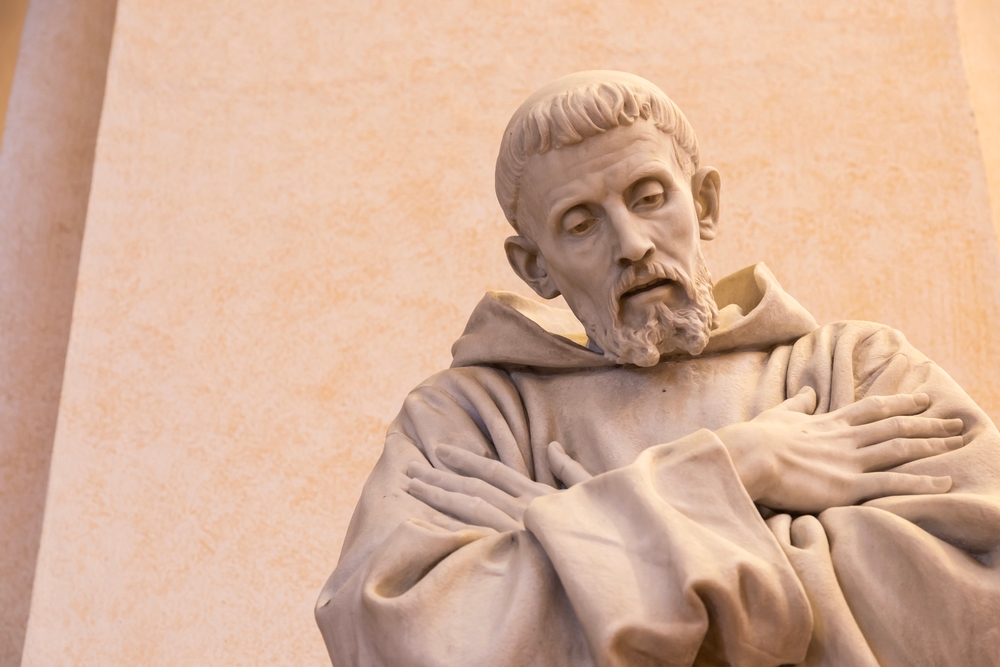


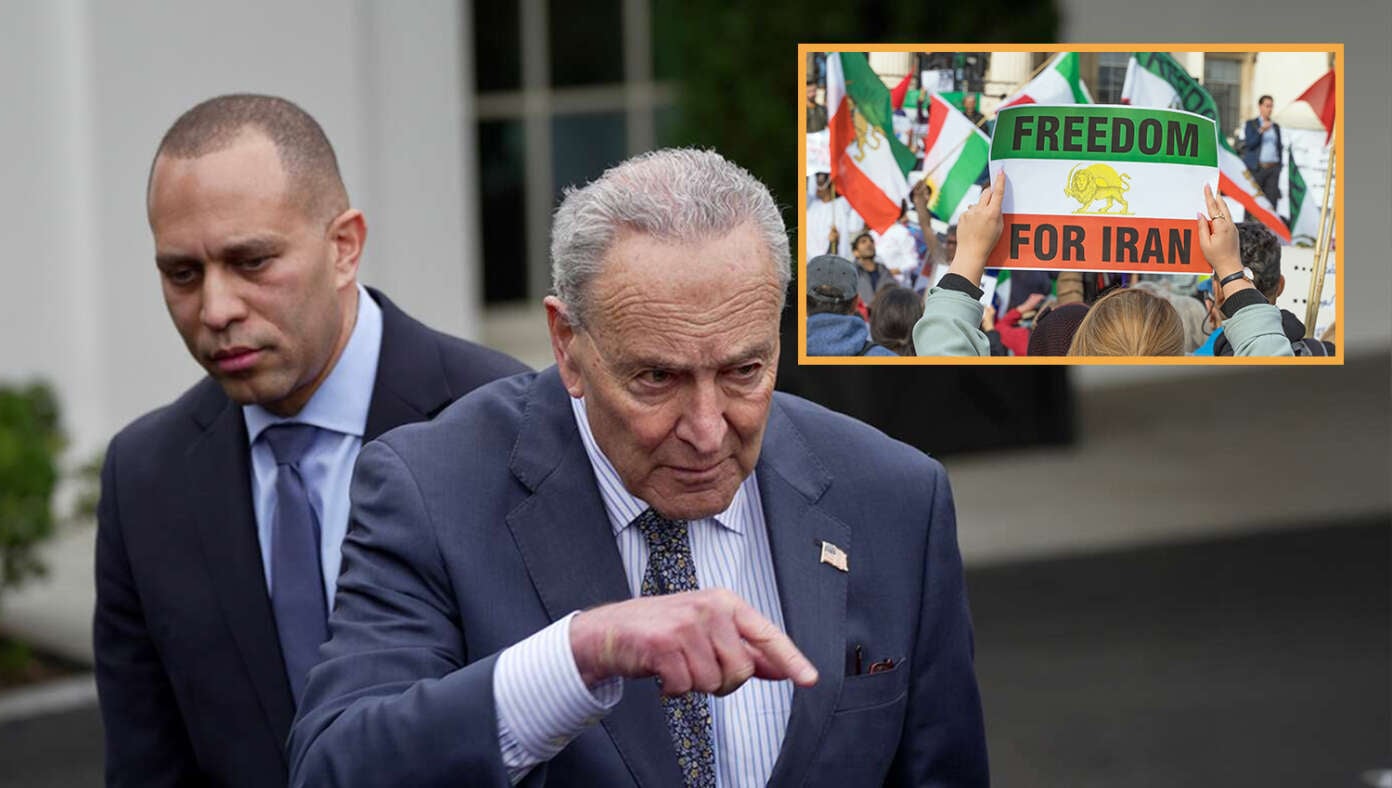
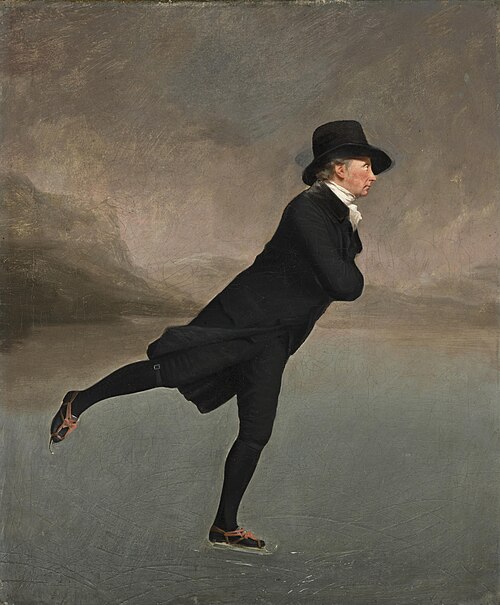
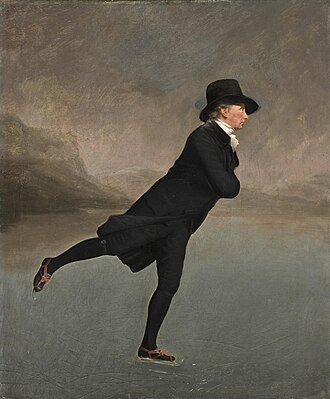
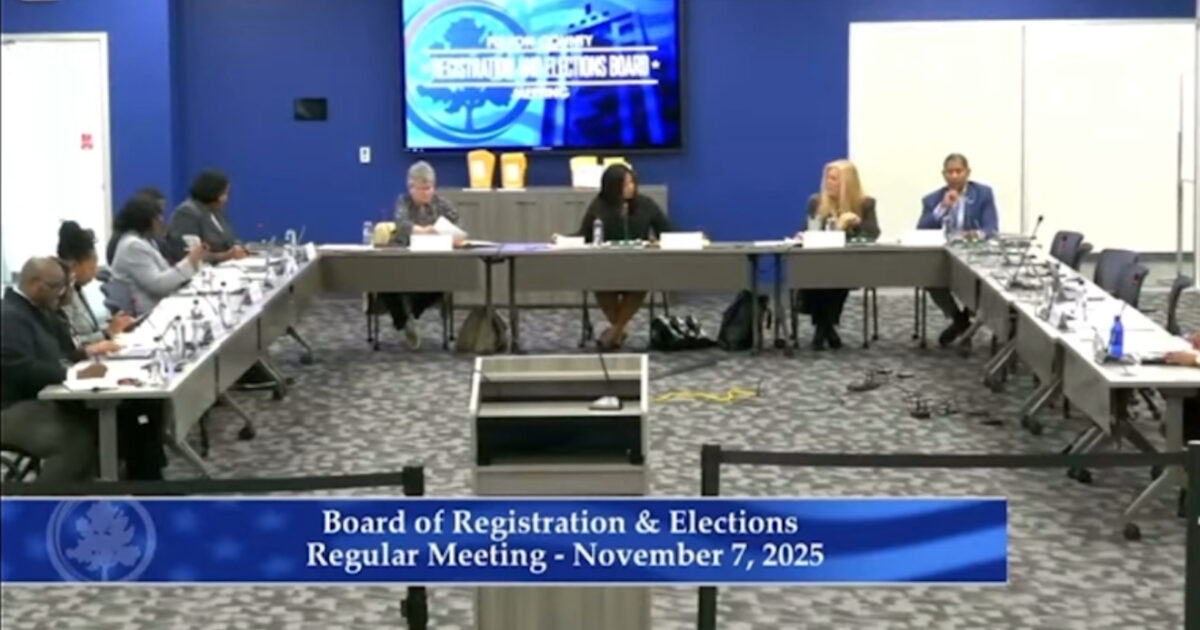


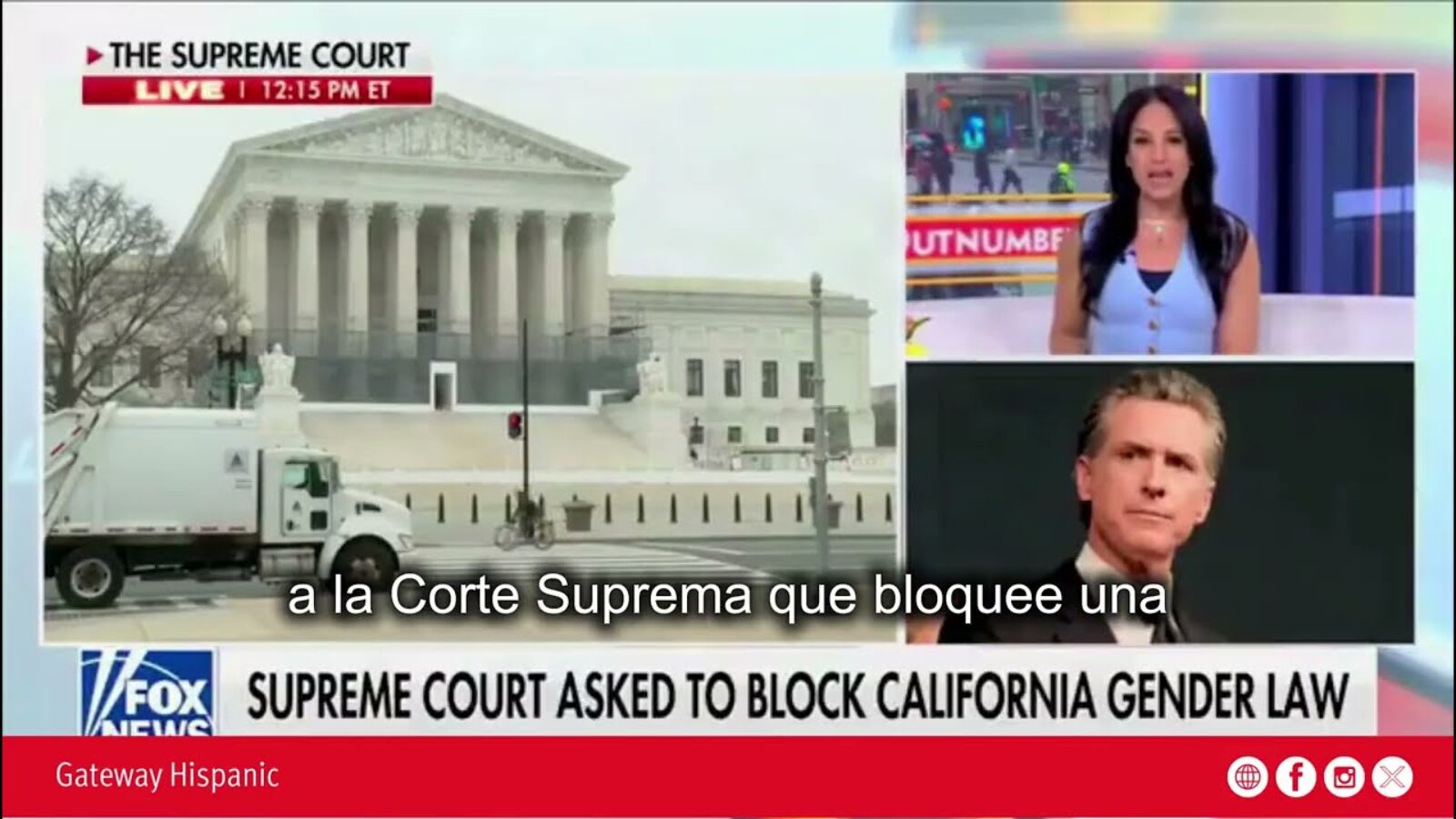





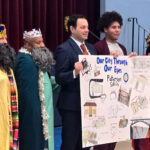


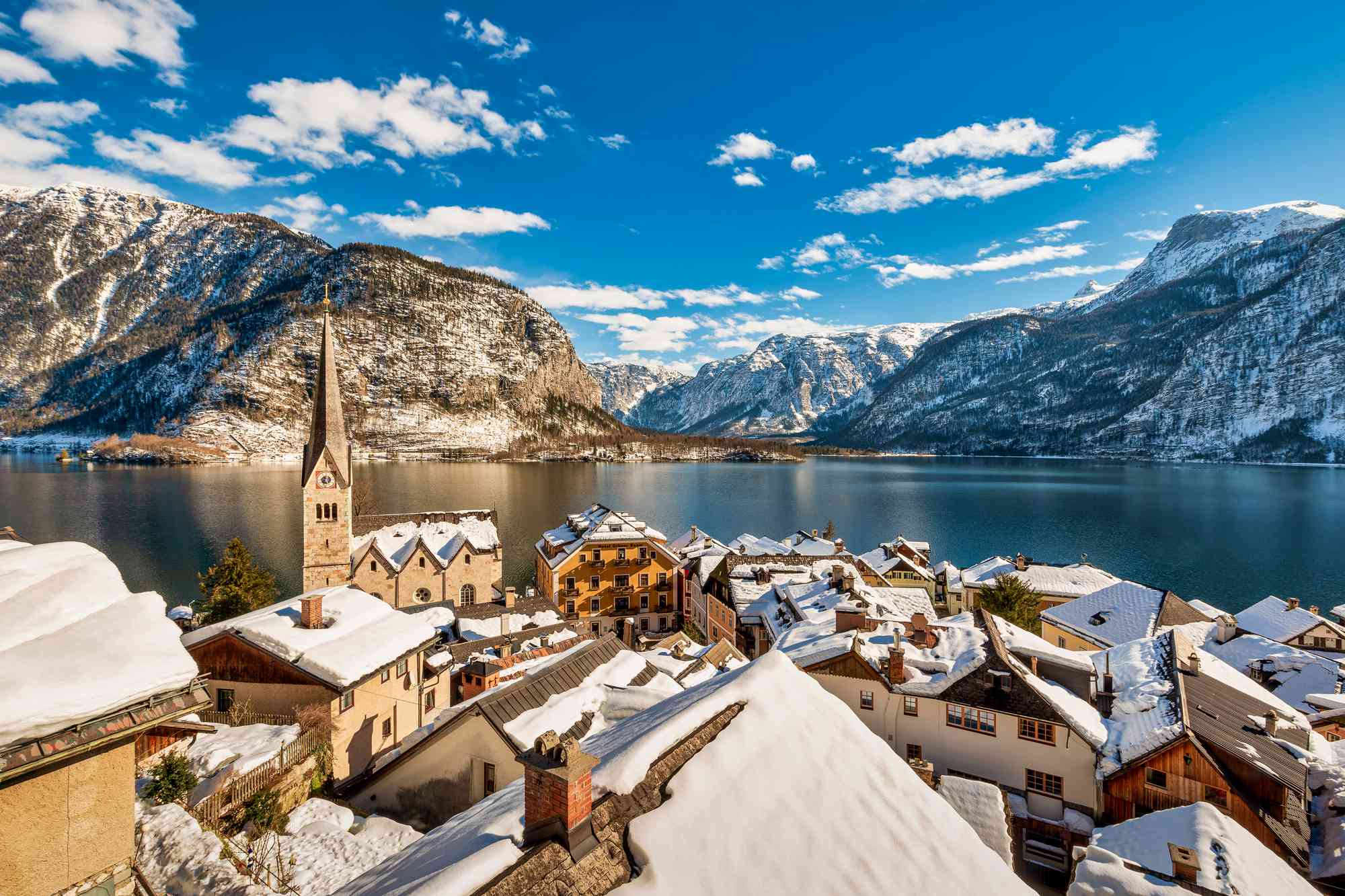
:max_bytes(150000):strip_icc():format(jpeg)/TAL-hallstat-winter-HALLSTATAUS1123-5b4f60acf32c40f0a7a327fbf2bea851.jpg)

